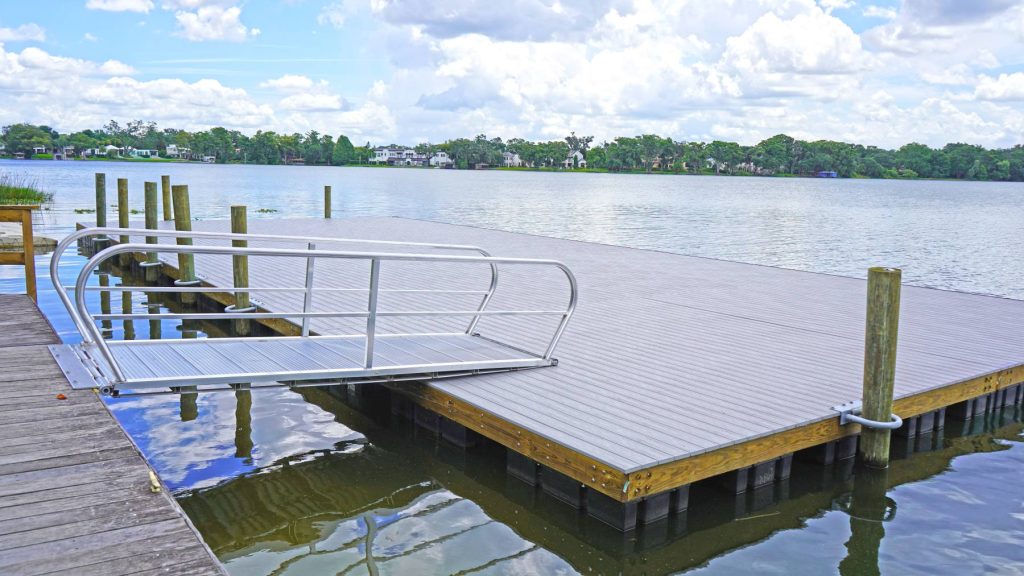Floating docks offer a range of advantages for seasonal marinas, making them an ideal choice for waterfront properties. One of the primary benefits is their adaptability to fluctuating water levels. Unlike fixed docks, floating docks rise and fall with the water level, which is especially useful in areas where seasonal changes or heavy rainfall can significantly alter water depths. This adaptability reduces the risk of damage caused by low or high water levels, ensuring that boats remain accessible and secure throughout the year. Another significant advantage is the ease of installation and removal. Floating docks can be quickly assembled and disassembled, which is particularly beneficial for marinas that operate only during certain seasons. This flexibility allows marina operators to optimize their infrastructure based on seasonal needs, whether it is expanding the dock area during peak months or removing it to avoid winter damage. The modular nature of floating docks also makes them easier to transport and store when not in use.

Floating docks also contribute to lower maintenance costs compared to fixed hiseadock. Because they are designed to float, they are less susceptible to damage from ice, debris, and other environmental factors. Their design helps to minimize wear and tear, leading to reduced repair and upkeep expenses over time. Additionally, the floating nature of these docks helps to minimize the impact on the surrounding ecosystem. Since they move with the water, they are less likely to disrupt aquatic habitats or shoreline vegetation, promoting a more environmentally friendly marina. Another key advantage is the stability and safety that floating docks provide. They are generally designed with features such as non-slip surfaces and sturdy railings, enhancing the safety of users as they board and disembark from their boats.
Their stability, even in choppy conditions, ensures a safer and more comfortable experience for boaters, reducing the likelihood of accidents or injuries. Floating docks also offer greater flexibility in design and layout. They can be customized to fit various shapes and sizes of waterfront areas, accommodating a wide range of boat sizes and types. This versatility allows marinas to create more efficient and user-friendly docking configurations, maximizing the use of available space and improving overall functionality. In summary, floating docks present numerous advantages for seasonal marinas, including their ability to adjust to changing water levels, ease of installation and removal, lower maintenance costs, safety features, and floating dock design flexibility. These benefits make them an attractive option for waterfront properties, providing a reliable and adaptable solution for boaters and marina operators alike.

